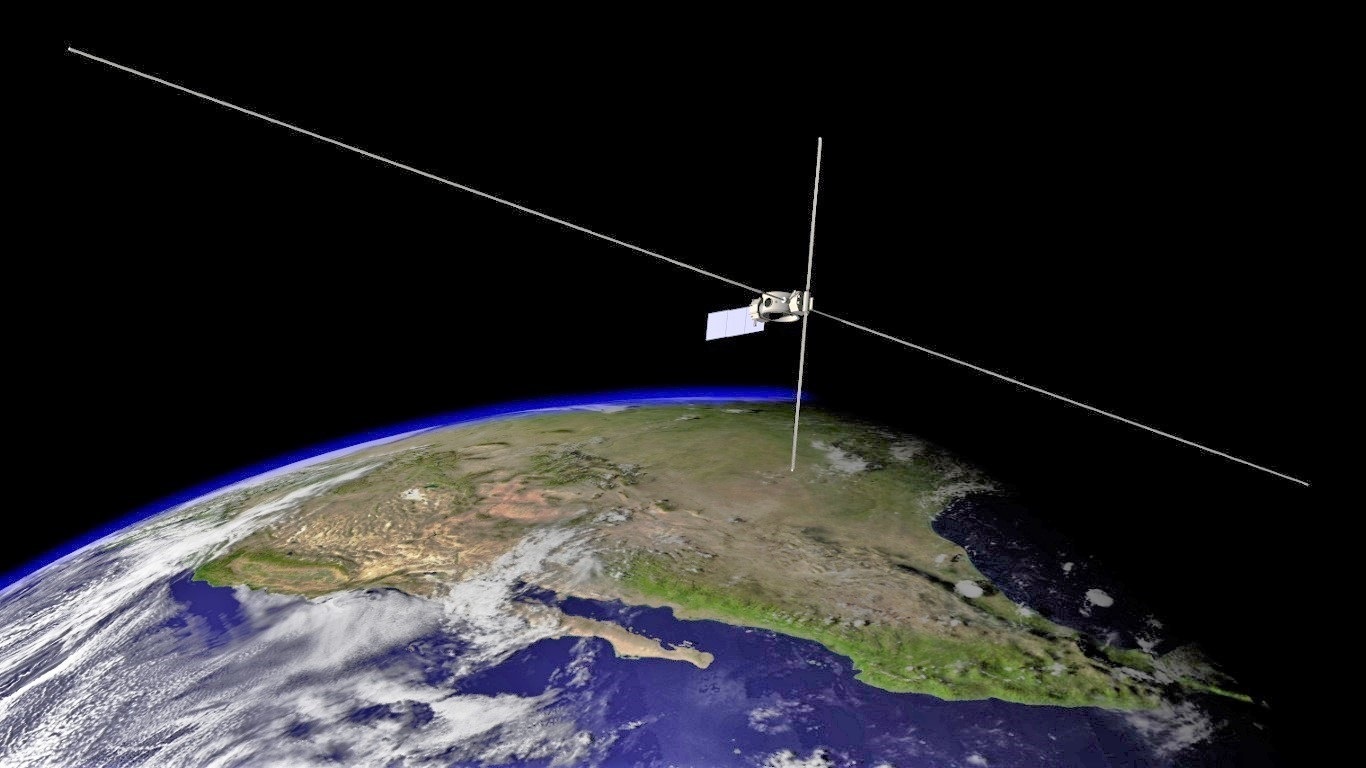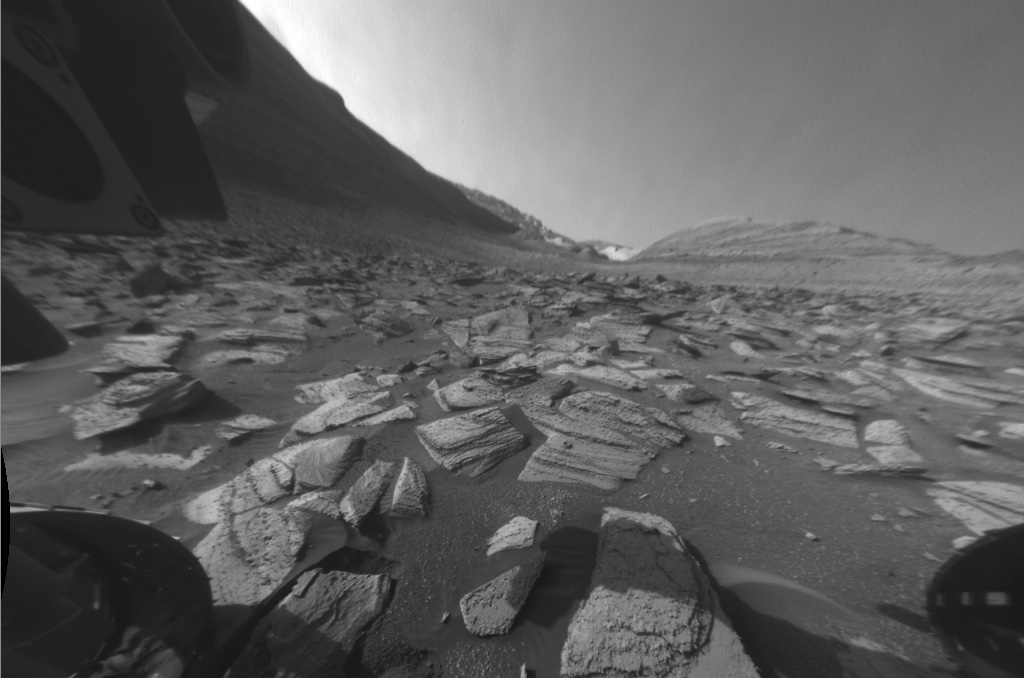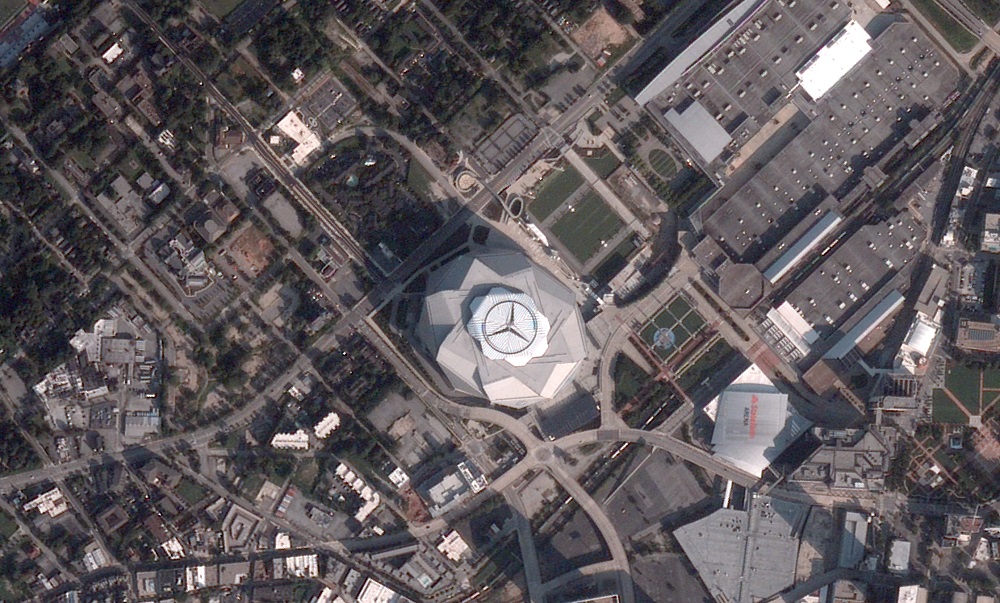Blue Origin ready for first crewed New Shepard launch
Blue Origin is on track to perform the first crewed launch of its New Shepard vehicle July 20, carrying company founder Jeff Bezos and three others on a suborbital spaceflight. SpaceNews
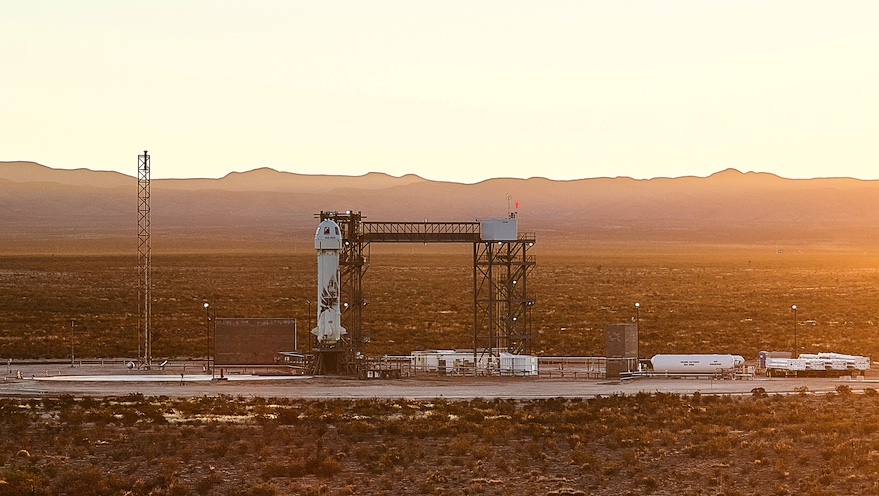
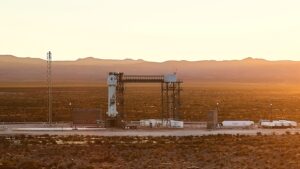
WASHINGTON — Blue Origin is on track to perform the first crewed launch of its New Shepard vehicle July 20, carrying company founder Jeff Bezos and three others on a suborbital spaceflight.
At a July 18 news conference, company officials said they had successfully completed a flight readiness review for the NS-16 mission that will carry Bezos, his brother Mark, Wally Funk and Oliver Daemen. Liftoff of New Shepard from the company’s Launch Site One north of Van Horn, Texas, is scheduled for 9 a.m. Eastern July 20.
“We are not currently working any open issues and New Shepard is ready to fly,” Steve Lanius, NS-16 flight director at Blue Origin, said at the briefing. “We expect to be ready to launch on schedule.”
Weather is also looking favorable for the launch, he said. There is a slight chance of thunderstorms in the early morning hours July 20, but any storms are forecast to clear before launch.
While engineers complete final checks of New Shepard’s crew capsule and propulsion module, the four people who will fly on the spacecraft are going through 14 hours of training spread across two days. This features a mix of classroom instruction, demonstrations and practice in a training capsule, Lanius said, including nominal, off-nominal and emergency procedures.
Bob Smith, chief executive of Blue Origin, said the company took a “methodical, step-by-step approach” in the development and testing of New Shepard over a series of 15 uncrewed test flights dating back to 2015. However, he defended the company’s decision to move into crewed flight by flying four people on the first launch, including a paying customer, rather than flying a smaller number of company employees first.
He said the previous two flights, in January and April, demonstrated that the vehicle was in a “stable configuration” and ready to go into full-scaled human spaceflight. “When we had clean flights from both of those, we said we were ready to go. We can go fly astronauts and do that safely,” he said. “We didn’t see any value, quite honestly, from doing things stepwise in that approach.”
The four people on board will be asked to perform “a few evaluations of capabilities” of the vehicle during the flight, Smith said. The vehicle itself, though, will fly autonomously.
If the NS-16 flight goes as expected, Blue Origin expects to perform two more New Shepard flights this year, with the first of them in late September or early October. The company did not discuss flight schedules beyond this year.
Blue Origin announced Daemen as the fourth person on the NS-16 flight July 15. The 18-year-old Dutch teenager is taking the place unidentified winner of a June 12 auction for the seat after that individual had what the company called a “scheduling conflict” that kept that person from flying.
Blue Origin added Daemen to the flight because he had already signed up to fly on the company’s second crewed New Shepard mission. He is one of an unspecified number of people who have purchased tickets since the auction for later flights.
“Since the auction that we held on June 12, I have had the pleasure of chatting with many of our future customers that have already signed up for the subsequent flights,” said Ariane Cornell, director of astronaut sales at Blue Origin, at the briefing. “We have already built a robust pipeline of customers that are interested.”
The company didn’t disclose how many people have purchased tickets or at what price, but Smith suggested that those customers who participated in the auction were paying a premium. “Willingness to pay continues to be quite high. Our early flights are going for a very good price,” he said. “I think we’re seeing very strong interest.”






















